Politics
European prosperity is structurally and historically bound to a peculiar religious, social and cultural identity, which includes entrepreneurial roles. Renouncing the definition of European identity and confining it to a bureaucratic understanding or to marketing purposes, gives rise to a plethora of surrogates, a sense of loss both in cultural and ideal terms. This attitude encompasses the political realm that voters regularly certify by standing at the opposition when called to cast their votes, even when realistic alternatives are lacking. We must turn a new page. Only then will we be able to give meaning to European integration, a necessary process that has no other options in today’s and tomorrow’s world. It’s critical to the preservation and the growth of that fragile creature that is popular and social market democracy, namely, a prospect of peace, development and wellbeing for all

It appears that we finally have an Economic and Financial Document (DEF), – a formal document up for Parliament vote, due to be followed by a Budget Law. Thus there still is time for a complex negotiation, in Italy and with European institutions, and for concrete measures. Indeed, today more than ever before, at a time of social media and “likes”, the realm of words must be distinguished from the realm of things. These two spheres are increasingly disconnected, which the Morandi bridge collapse is a tragic example of.
In fact, political life, in Italy and abroad, consists in an everlasting election campaign, conveyed via misleading opinion polls.
This continuous election campaign is applied to Europe today, looking ahead at the elections scheduled for the last weekend of the month of May 2019. The ongoing debate and the prospects of our political system are set against this backdrop.
This Europe is not functioning. But the European vision is the only possible scenario for all EU member Countries (including Great Britain…). And it’s the only possible prospect to ensure the future of democracy.Forty years after direct elections, the next ones will be the first political elections for the European parliament since, despite the fragmentation characterising the differentiated political spectrum at national level, for the first time we see an overarching cleavage separating the people and elite groups, the new and the old, characterising the debate in EU Countries.
In 1979, shielded by the Iron Curtain, European Communities that directly elected their representatives wielded their full potential, thereby ensuring widespread consensus. The transformation of Communities into Union failed to live up to the promises. A “Constitutional” project was annulled by two popular referendums in the summer of 2005 after an excessively rapid enlargement. Ten years later, on June 23 2016, another popular referendum opted for Brexit.
Thus the major issue is the following: what is the reason for universal suffrage when the final word is “against”? The identity deficit, the reaction to politically correct formulas of mainstream market-oriented groups that appears to identify the Union with globalised institutions, leaves increasing room to the reaffirmation of identity claims. In turn, this triggers a vicious circle, the political crisis of the European Union and of its role at global level.
European prosperity is structurally and historically bound to a peculiar religious, social and cultural identity which is thus also market-oriented.
Renouncing the definition of European identity and confining it to a bureaucratic understanding or to marketing purposes, gives rise to a plethora of surrogates, a sense of loss both in cultural and ideal terms. This attitude encompasses the political realm that voters regularly certify by standing at the opposition when called to cast their votes, even when realistic alternatives are lacking. We must turn a new page. Only then will we be able to give meaning to European integration, a necessary process that has no other options in today’s and tomorrow’s world. It’s critical to the preservation and the growth of that fragile creature that is popular and social market democracy, namely, a prospect of peace, development and wellbeing for all.